
Herping for reptiles and amphibians including lizards, snakes, turtles, tortoises, frogs, toads, salamanders, newts and other interesting creatures in their natural Californian habitat, with locations, pictures and commentary.
There are plenty of reptiles and amphibians, most notably lizards, snakes, and frogs. Winters are mild, with daily highs ranging from 55F to 65F, and daily lows that rarely dip below 39F. Summers are obscenely hot at times, with daily highs from 90F to 106F, and daily lows right around 60F. This means that many reptiles and amphibians hibernate, although they do emerge on unusually warm days, especially the lizards and snakes.
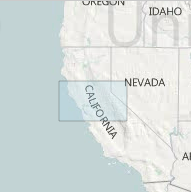
November 13th, 2010
While I was working in the yard, I kept hearing frogs croaking. So, I kept my eyes open and later when I picked-up a remnant from the swing set I had taken down months ago, I saw a couple Sierran treefrogs (Pseudacris sierra). It's the beginning of their breeding season, which explains all the croaking we hear. Despite their name, they actually spend most of their time on the ground.
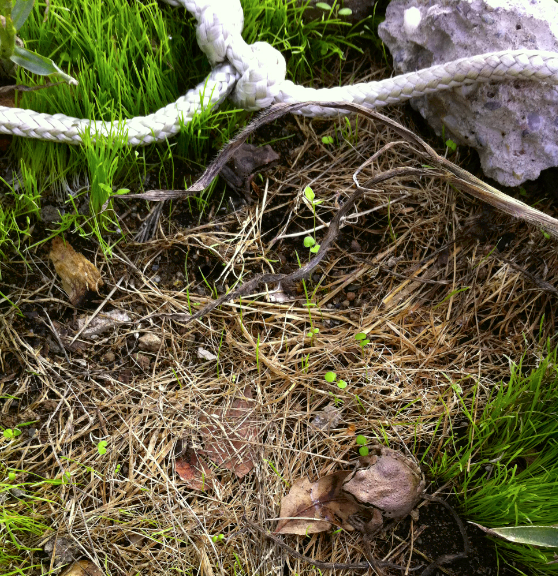
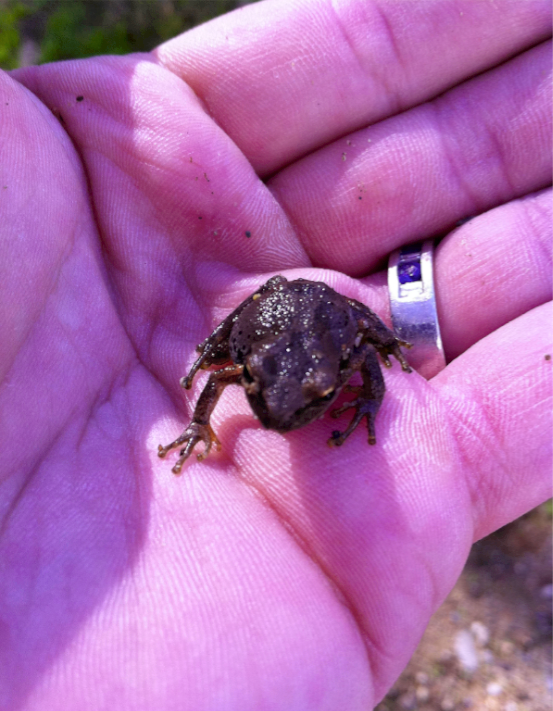
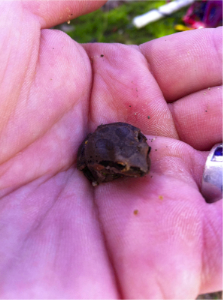
Ok, so this isn't a reptile or amphibian, but check out this gigantic slug I found while tearing out some old concrete—it's the biggest one I've ever seen, so thought I'd take a picture. It was approximately 3" long fully extended.
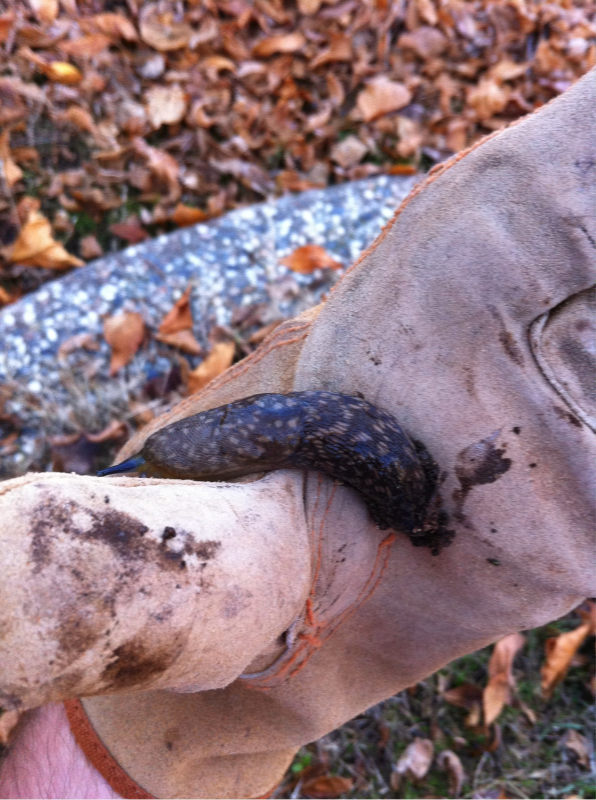
May 23rd, 2011
On my way to pick up dinner tonight, I swung by a little wetland preserve about a mile from the house, and spotted a few herps, including some really large tadpoles which I suspect are young bullfrogs. There was also a juvenile Southern Alligator lizard on the walking path that had seen better days (picture below).
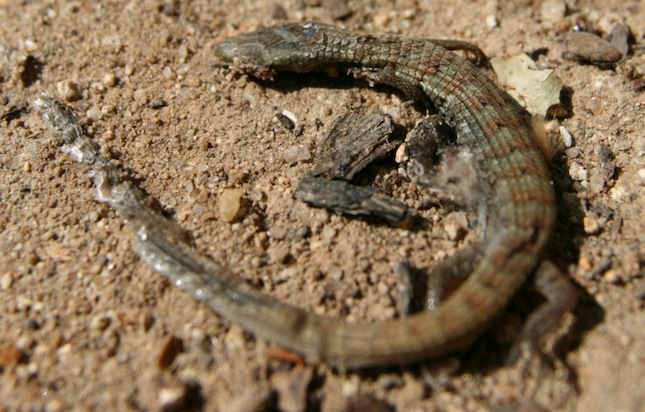
Southern Alligator Lizard (Elgaria multicarinata)
As I was walking towards the shore of a small pond, I happened to notice something out of the corner of my eye—it was a large snake—a Gopher snake to be exact. It stayed motionless as a took a few pictures, cautiously watching me with its head turned.
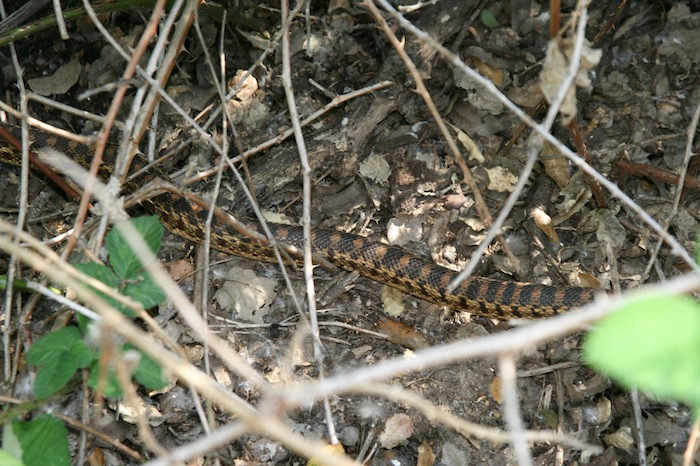
A Pacific Gopher snake (Pituophis catenifer catenifer) I found hunting near a pond in Northern California. It was approximately 4-5 feet in length (in situ).
Field Herping Main Menu